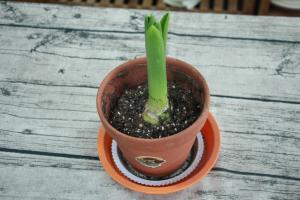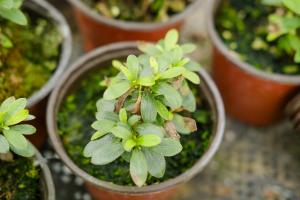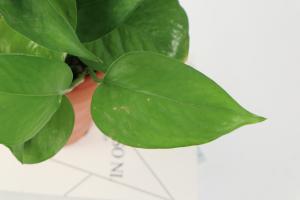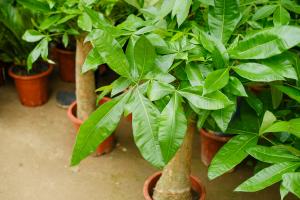How Toxic is Water Hemlock Plant?
Water hemlock plant, scientifically known as Cicuta maculata, is native to North America and is known to be the deadliest plant in the continent. It is a flowering plant that grows in wet areas like marshes, swamps, and meadows. Water hemlock plant is highly toxic and can cause adverse health effects to humans and animals if ingested.
Poisonous Components of Water Hemlock Plant
Water hemlock plant contains cicutoxin, a toxic polyacetylene, which is highly toxic to both humans and animals. Cicutoxin primarily affects the central nervous system, causing seizures, tremors, and convulsions, which can lead to death within a few hours if left untreated. The plant also contains other toxins, including cicutol, cicusanin, and cicutin, which can cause liver damage, respiratory arrest, and other adverse health effects.
Symptoms of Water Hemlock Plant Poisoning
Water hemlock plant poisoning can occur through ingestion of any part of the plant, including the roots, stems, leaves, flowers, and seeds. The poisoning can occur when the plant is mistaken for other edible plants like wild carrot, parsnip, or parsley. Symptoms of water hemlock plant poisoning typically start within half an hour to two hours after ingestion and can include abdominal pain, nausea, vomiting, diarrhea, dizziness, confusion, seizures, tremors, and convulsions.
Treatment for Water Hemlock Plant Poisoning
If someone ingests water hemlock plant, it is essential to seek medical attention immediately. The treatment for water hemlock plant poisoning involves inducing vomiting or using activated charcoal to remove the toxins from the body. The individual may also need to be given intravenous fluids and medication to control seizures and other symptoms. In severe cases, the individual may need to be admitted to the hospital for further treatment and monitoring.
Preventing Water Hemlock Plant Poisoning
The best way to prevent water hemlock plant poisoning is to stay away from the plant and avoid picking any wild plants unless you are 100% sure of their identity. If you are planning to go foraging or picking wild plants, make sure to do your research beforehand and learn how to identify different plant species accurately. Always wear gloves when handling unknown plants to avoid skin contact or accidental ingestion. If you have children or pets, make sure to educate them about the dangers of water hemlock plant and other toxic plants found in your area.
Conclusion
Water hemlock plant is a highly toxic plant that can cause adverse health effects to humans and animals if ingested. It is essential to stay away from the plant and avoid picking any wild plants unless you are confident about their identity. If you suspect water hemlock plant poisoning, seek medical attention immediately, and do not try to induce vomiting or administer any medication without a physician's guidance. With proper education and caution, we can prevent water hemlock plant poisoning and keep ourselves and our loved ones safe from its toxic effects.

 how many times do yo...
how many times do yo... how many planted tre...
how many planted tre... how many pine trees ...
how many pine trees ... how many pecan trees...
how many pecan trees... how many plants comp...
how many plants comp... how many plants can ...
how many plants can ... how many plants and ...
how many plants and ... how many pepper plan...
how many pepper plan...































